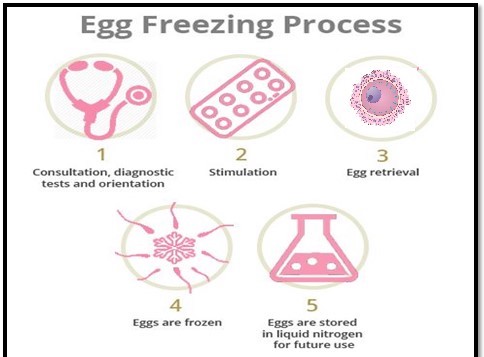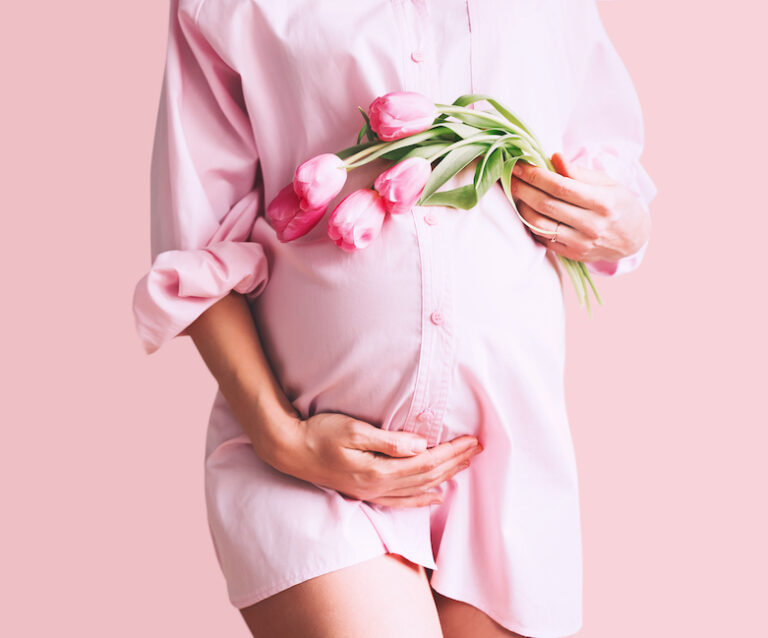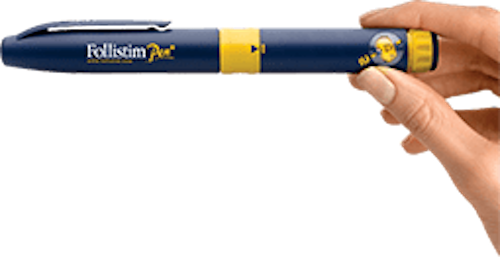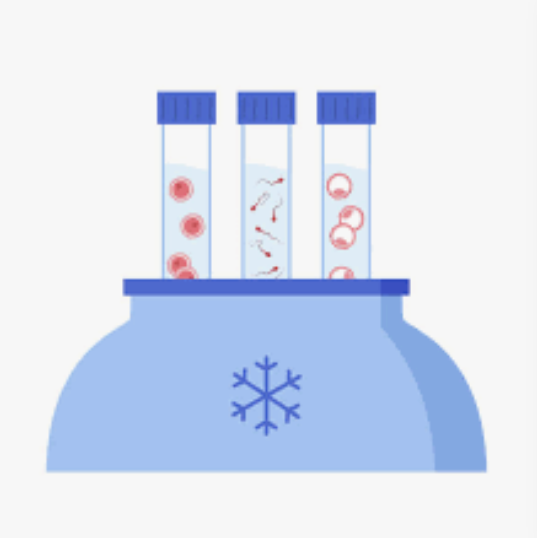Understanding Oocyte Cryopreservation Cycle – UCLA Guide
ORGANIZING AND UNDERSTANDING YOUR TREATMENT
- Prior to starting your oocyte cryopreservation cycle, you will meet with one of our IVF nurses to learn how to administer the self-injectable medication given during the stimulation process.
- The state of California requires blood testing for infectious disease prior to oocyte cryopreservation process. This includes HIV 1/2, Hepatitis B Surface Antigen, Hepatitis C Antibody, and RPR. All testing must be completed prior to treatment and results are valid for one year provided there are no health changes or potential infectious exposures. If these tests have been performed at another facility, please make sure to provide us with the results. PLEASE NOTE: If you plan to use a gestational carrier, you will need more extensive blood tests as required by the FDA.
- Prior to your oocyte retrieval, the UCLA IVF consent must be signed with your physician or notarized.
- On the first day of your menstrual cycle, please contact our office at (310) 825-9500. If your menstrual cycle begins on the weekend or at night, please call the UCLA page operator at (310) 825-6301 and ask for the REI fellow on call. You will be given instructions as to when to come in for ultrasound or when to start taking birth control pills in preparation for your IVF cycle.
- All ultrasound monitoring appointments are scheduled in the morning between 7:30 and 10:00 am. You will be required to come to the office for ultrasound and/or blood work. These tests help to monitor your progress during the IVF cycle. This appointment may take up to two hours, please allow yourself the appropriate amount of time for each appointment.
- Throughout your treatment, you will have blood tests drawn to monitor your hormone levels. These levels indicate how you are responding to your medications. It is important TO ARRIVE BEFORE 10:00 AM for blood draws in order for the doctor to receive the results the same day. The lab is located on the first floor of the 200 Medical Plaza building. Typically, you will spend 30 minutes at the lab. The lab is open:
- Monday – Friday from 6:00 am – 7:00 pm
- Weekends and holidays from 7:00 am – 3:00 pm.
- IVF office hours are from 7:30am – 4:30pm. If you call the office during these hours and are unable to reach us, please leave a detailed message with your name, UCLA medical record number, and phone number where we can reach you. Messages are checked often and your call will be returned before the end of the day. AFTER HOUR EMERGENCIES should be directed to the INFERTILITY DOCTOR ON CALL. Please call the page operator at (310) 825-6301 and ask for the REI fellow on call.
OOCYTE CRYOPRESERVATION PROCESS
The IVF process can be overwhelming and stressful. This part of the packet gives you a better understanding of your treatment. Please feel free to ask your doctor or IVF nurse if you have any questions.
In addition to the UCLA IVF consent, you will receive an email from Assisted Reproductive Technology (ART), which will contain the consent form for the egg retrieval. You MUST SIGN the consent form prior to the oocyte retrieval. If you have any questions please contact one of the nurses at ART. The contact number for ART is (310) 246-4628.
OVARIAN STIMULATION:
- In a natural menstrual cycle, a woman will typically grow one follicle that usually contains an egg that is released for potential fertilization. In IVF, the goal is to grow multiple follicles to obtain multiple eggs for future fertilization. Patients may be given birth control pills or Lupron to suppress their ovaries prior to stimulation, depending on the protocol used. Patients are then given medications (gonadotropins) to stimulate and grow multiple follicles in their ovaries. These medications are injections and the dose will vary from patient to patient; the dose may change during the cycle depending on the response. Each cycle is individualized, so your nurse will review all medications and will instruct you on how to administer them. The stimulation phase will typically takes between 8-12 days.
- Once the follicles have reached an appropriate size, an injection will be given to mature the eggs. This medication comes in various forms such as Human Chorionic Gonadotropin (hCG), Ovidrel, or Lupron. YOU WILL BE INSTRUCTED TO TAKE THIS MEDICATION AT A SPECIFIC TIME THAT CORRESPONDS WITH THE TIME YOUR EGG RETRIEVAL IS SCHEDULED. FAILURE TO ADMINISTER THIS MEDICATION AT THE TIME INSTRUCTED MAY COMPROMISE THE ENTIRE CYCLE. Your retrieval will take place 36 hours after your trigger injection has been administered.
RETRIEVAL:
- The egg retrieval will be performed by your UCLA physician at the Roxbury Surgical Center. A nurse from the facility will contact you the day prior to your procedure with detailed instructions. You should plan arriving at Roxbury Surgical Center at least one hour prior to your scheduled retrieval. You will be given anesthesia to eliminate any discomfort during the procedure. The doctor will use a needle to remove the eggs from the follicles under transvaginal ultrasound guidance. You will be given IV antibiotics during the procedure to prevent infection. The procedure takes approximately 15 to 30 minutes with recovery time varying per patient.
- Roxbury Surgery Center
450 N Roxbury Dr. Suite 520
Beverly Hill, CA 90210
- The physician will let you know how many eggs have been retrieved after the procedure. The day following the procedure, you will be notified with the final number of mature eggs that were vitrified. Please note that the number of mature eggs will typically be less than the total number of eggs. Only a mature egg is capable of fertilization in the future.
PROCEDURE RISKS:
- The risks of an egg retrieval are typically minimal. However some patients will have mild cramping and pelvic discomfort. If you experience heavy bleeding, severe abdominal pain, or fever, please contact your physician’s office immediately. On nights or weekends, please contact UCLA page operator at 310-825-6301 and ask for the REI fellow on call.
OVARIAN HYPERSTIMULATION SYNDROME:
- The medications that you will be taking will cause your ovaries to become enlarged. Rarely, a condition known as ovarian hyperstimulation syndrome (OHSS) will occur. When this happens, the ovaries become over-stimulated, causing accumulation of fluid in the abdomen. This condition could range from mild to severe, with symptoms including abdominal pain, bloating, weight gain, nausea, vomiting, decreased urine output, and shortness of breath. In more severe cases, medical intervention or even hospitalization may be necessary. This is very uncommon. If you think you are experiencing any of the above symptoms, please contact the office (310-825-9500) or the infertility doctor on call (310-825-6301) immediately.
OOCYTE CRYOPRESERVATION
- All oocytes are frozen by a method called vitrification. This is a rapid freezing technique that allows for a high rate of oocyte survival after thaw. Oocytes can be cryopreserved indefinitely. All mature oocytes of sufficient quality will be cryopreserved for future fertilization and use.






